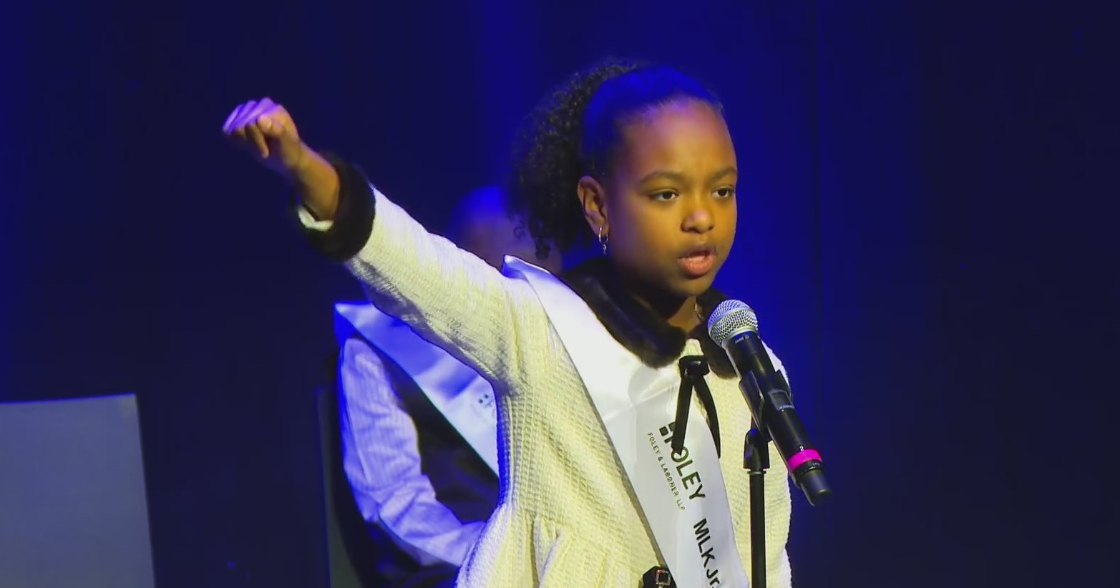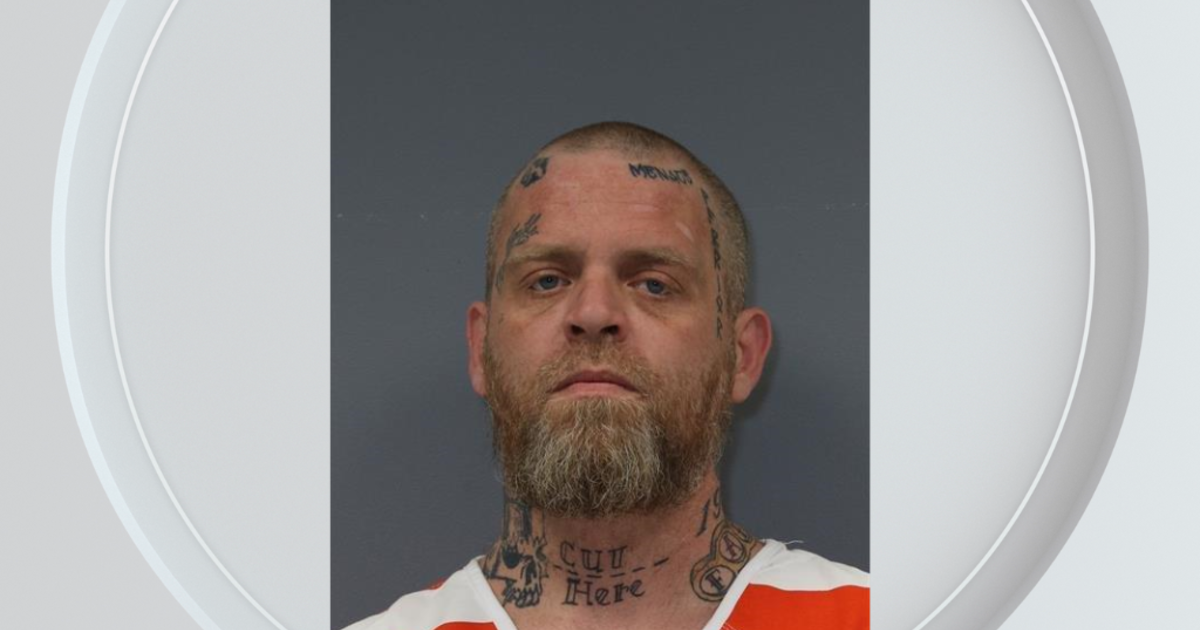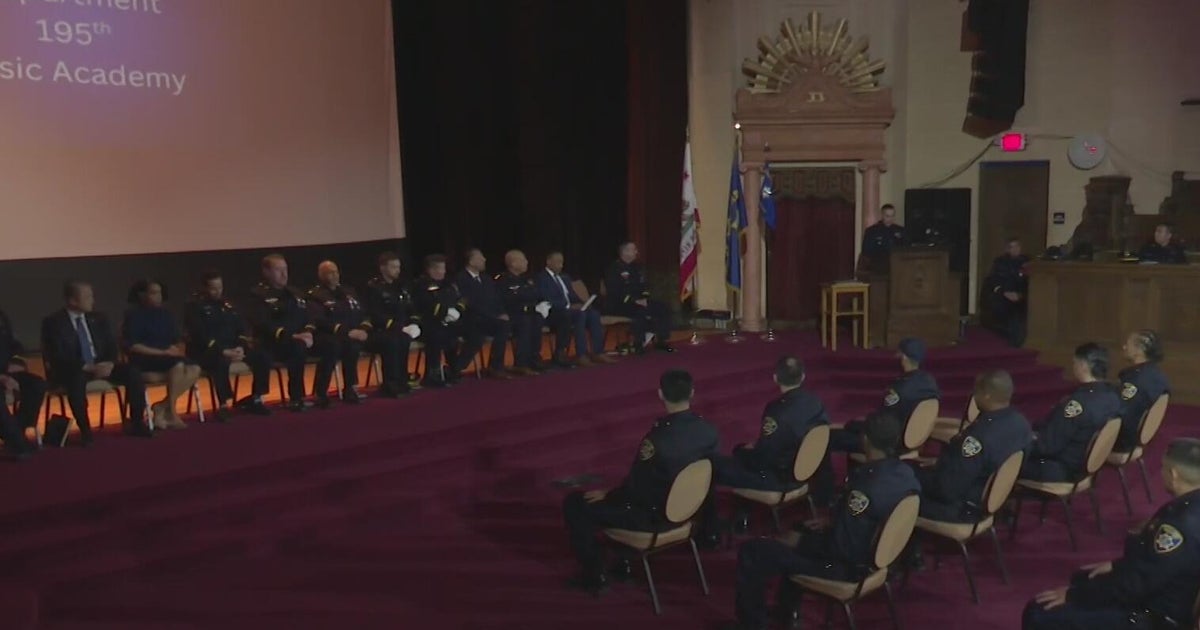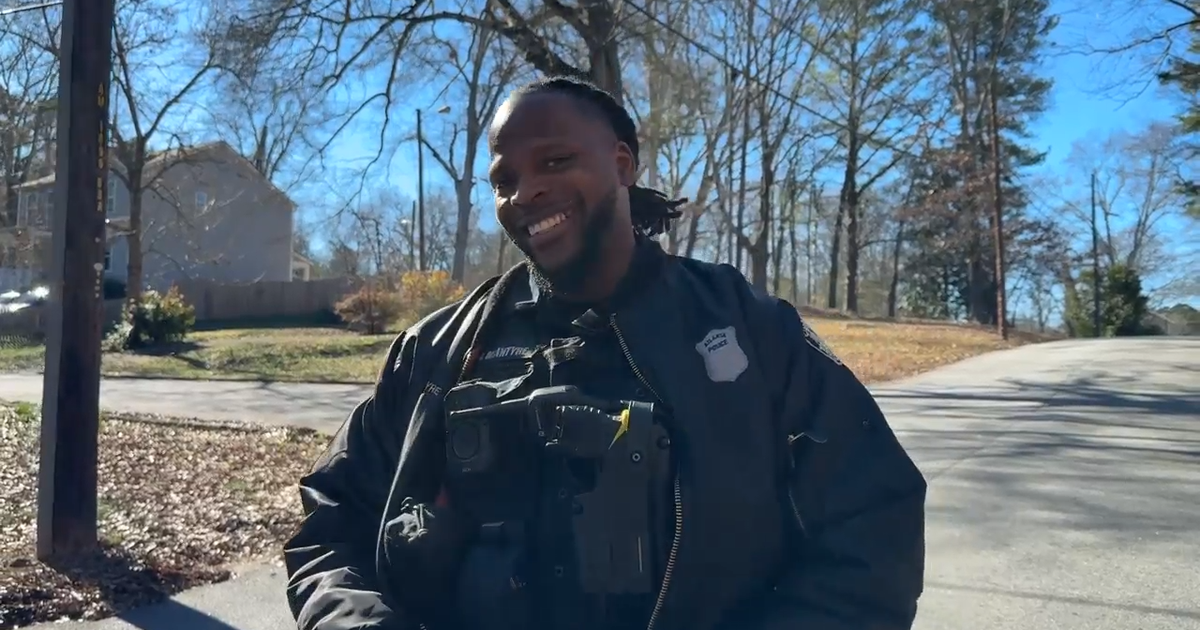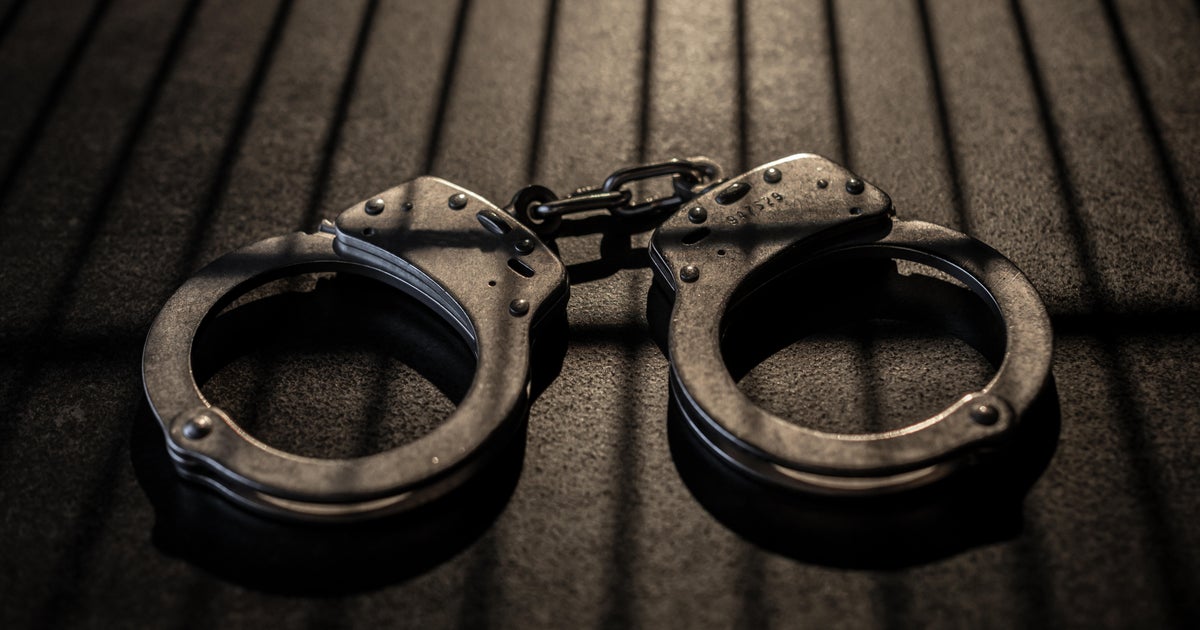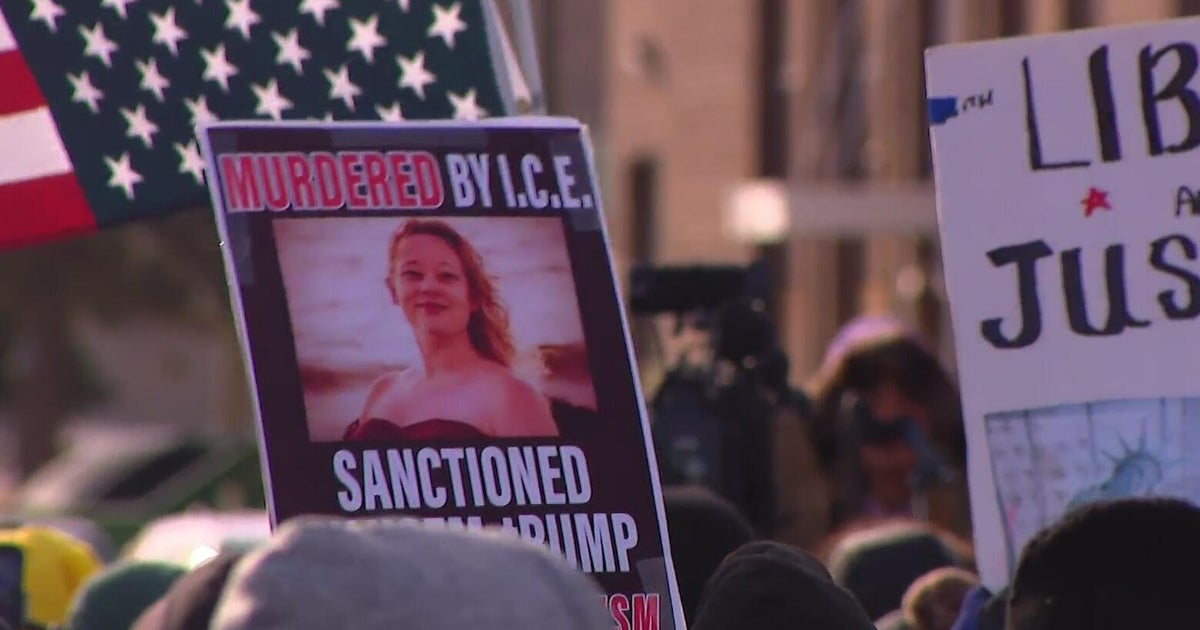Dallas Police Chief Eddie Garcia Facing Challenges Head-On After More Than A Year At The Reins
DALLAS (CBSDFW.COM) - At their annual banquet to honor the Dallas Police Department, the Dallas Rotary Club invited Chief Eddie Garcia to deliver the keynote speech. During the presentation the Chief said, "Whether or not it worked before, the Dallas Police Department and our Dallas crime fighting efforts, and our Dallas public safety model is not just on the map in Texas... it is on the national stage."
With just over a year on the job, Chief Garcia's plan to reduce violent crime has had a noticeable impact.
In a one-on-one exclusive interview, Garcia told CBS 11 Mornings' Keith Russell, "Our violent crime is down almost 14-percent overall in the city. Aggravated assaults are down almost 9-percent in the city. Robbery is down 15 and-a-half, 16-percent in the city. Our murders have stayed stagnant all following a year that we saw reductions in this city that no other city, quite not many cities in this country have seen. So, we want to be the safest large city in America. That's our goal."
Those kind of objectives are capturing the attention of leaders, even those outside of North Texas.
During his keynote address, Chief Garcia admitted, "It was probably one of the greatest professional things that I've ever done in this career... the honor to testify in front of the United States Senate a few weeks ago in Washington, D.C."
The topic before national leaders was carjacking and violent crime. "They asked me because of the amazing work that the men and women of this police department were doing. And what are our men and women doing different that perhaps other cities can learn from?"
Garcia says the Dallas Police Department will not celebrate with touchdown dances in the midst of achieving success. It's an even-keeled mindset needed for times like last weekend when a mass drive-by shooting, outside a party venue on Botham Jean Boulevard, left one mother grieving the loss of her son -- a student at Lincoln High School in Dallas.
When asked about his feelings when he reflects on the deadly shooting Garcia said, "Challenges lie ahead. Police officers can't be everywhere. But, we have to stay the course and that ensure that individuals are held accountable and at the same time ensure that our community knows that we are a department to be trusted."
Another major concern for Garcia is the massive shortage of officers. The department has approximately 500 openings. Answering the question why it's so hard to get officers to join the force the Chief said, "There's a myriad of reasons. I mean, one really is the fact that during the COVID-era -- for 19 months -- we couldn't, us and I'm sure a lot of other departments were not able to get out and recruit police officers.
"I'll talk about the elephant in the room. In the last couple years, honorable men and women that not only are willing to serve, but those that are serving have felt vilified. They have not felt supported and that has not been something as human beings that anyone appreciates doing such an honorable job. We do have to change that narrative."
During his entire career in law enforcement, now with more than 30 years served, Garcia believes his data-driven approach to making Dallas safer by the day is working. But he knows building community trust is a must. Garcia believes those two things can absolutely go hand-in-hand.
When asked if he could relate to the people who aren't in uniform Garcia responded confidently, "Absolutely! I was one of them. We all were at one point. We all grow up with different experiences, myself particularly being born in Puerto Rico, learning how to speak English in the continental US amongst others that spoke the language already. I certainly can understand the dynamics that occurs, particularly in an as beautifully diverse city as Dallas is. I absolutely can relate to it. At the end of the day, people want to live their lives without the fear of violence. They want to be able to go to work without fearing that on their way home they have to look over their shoulder. They want to walk to school. They want to do their homework without hearing gunshots. That's how we should all live. And that's what we should all aspire to and that's why we raise our right hands to do that for our community."

